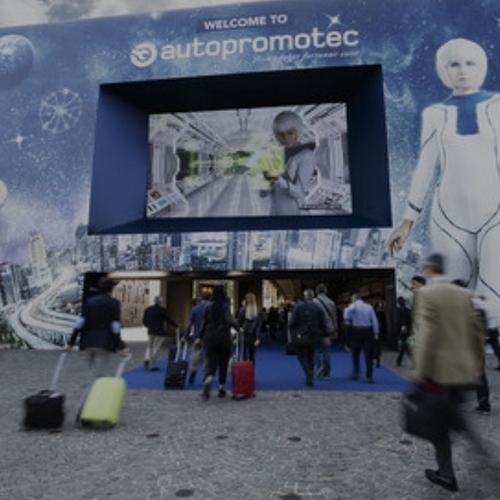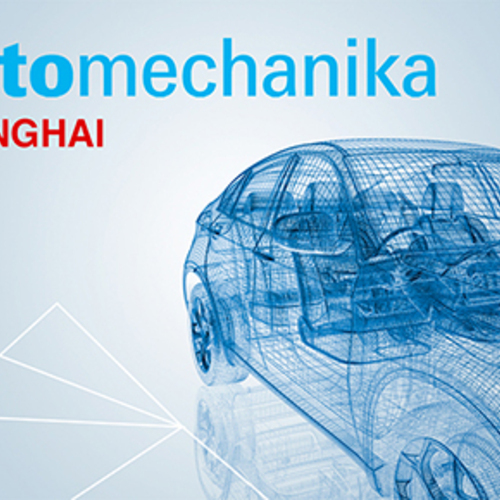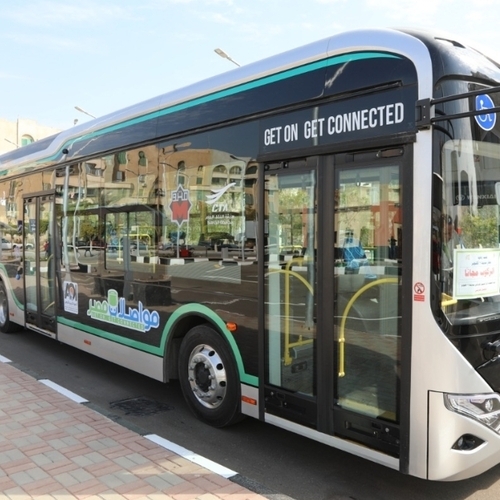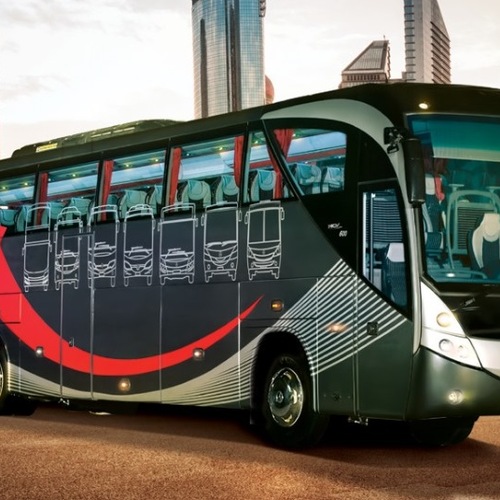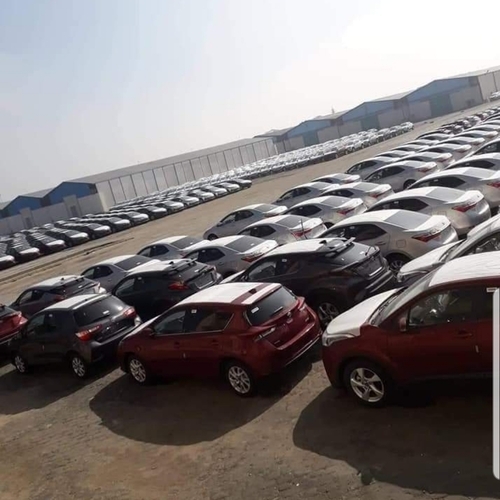Dino Collazzo Scudieri, Anfia president: “In the next few years, our vehicles will be able to fulfil our wishes"

Autonomous driving, connectivity and electric mobility are bound to play an increasingly vital role also in 2020, driving the changes that are affecting our four wheels. Component manufacturers who, given the recent entry into the automotive market of Hi-Tech giants, are perfectly aware of this and have begun to review their business plans and strategies in an attempt to become ever more competitive. According to Paolo Scudieri, president of Anfia. (National Association of the automotive industry supply chain), during this transition, Italian companies are called upon to enhance their structures, investing in technological innovation and training.
President Scudieri what is happening in the automotive sector and its supply chain?
What do you mean by "CarDroid”?








